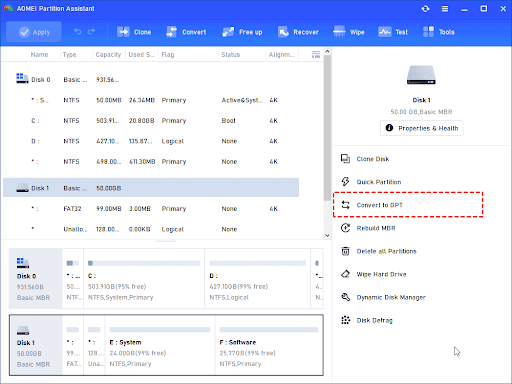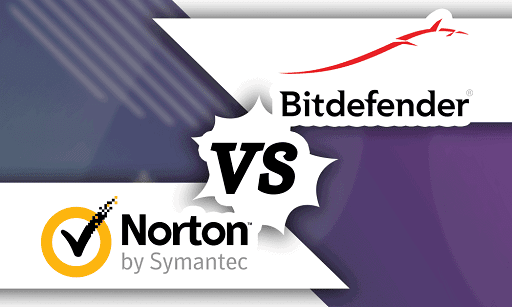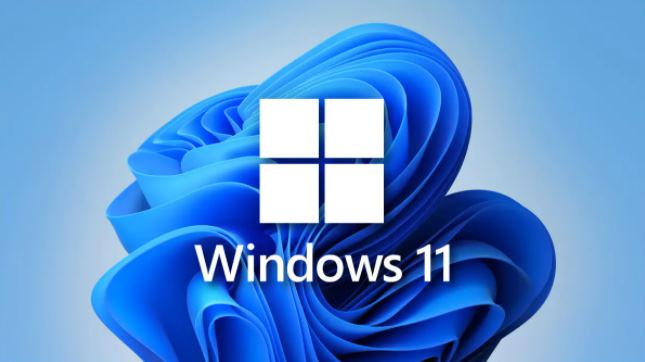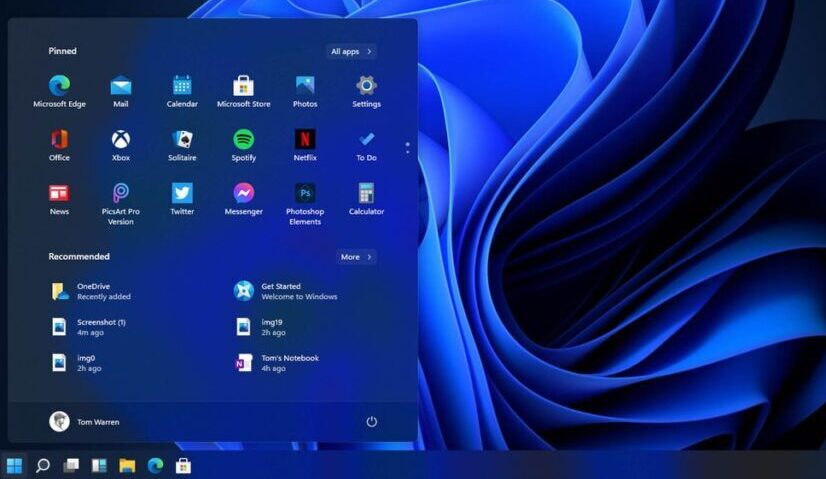PC Troubleshooting Questions: A computer that’s performing below par can be frustrating to use. And sometimes, the answers to the problems can seem like a mystery. However, it usually takes some diagnostic steps to figure it out. Here are some common troubleshooting answers to help you get started:
Why isn’t my computer turning on?
Typically, a computer that won’t turn on after pushing the power button has power issues. Ensure that the power supply switch on the back of the machine is flipped on, and try connecting your machine directly to the wall instead socket of your surge protector to see if it starts. If your computer still doesn’t turn on, you may have a faulty power supply unit. If you see and hear your computer turn on, but don’t see anything on the screen, try disconnecting and reconnecting your video cable.
You may also like Best Antivirus Software for Chromebooks
Why is my computer so loud or overheating?
Computers with hard disk drives can get loud because these drives have moving parts. You can switch to a solid-state drive for quieter performance. Computer fans can also be loud if your PC is working hard. To reduce a desktop computer’s noise or stop it from overheating, take it outside, open the side panel, and use an air blower to clean the fans’ dust gently. Aging CPUs may also need new thermal paste.

Why is my computer crashing, freezing, or so slow?
Many computer users often ask: “Why is my computer so slow and what can I do about it?” The answer to this question can be complicated, so let’s break it down:
- Malware: Malicious programs like adware, Trojans, worms, and viruses can negatively impact your computer’s performance. Run your antivirus scan or download anti-malware software for in-depth cleaning.
- Software: You may fix software compatibility issues that slow computers by downloading the latest patches and drivers for your system. You can also lower your visual settings for a performance jump.
- Hardware: Your hardware may be ageing or unable to keep up with the demands of the newest applications. Test your components for errors and replace them if necessary. Likewise, upgrade your RAM if you have less than 8GB and consider replacing your HDD with an SDD.
You may also like Malware Removal: Best Antivirus Software
Why is my Windows not booting?
Safe mode for Windows is a basic state that helps you troubleshoot problems like Windows not booting. You can enter safe mode by restarting your computer and pressing the F8 key repeatedly. Here, scan your system for viruses and scan your hard drive for errors. Next, remove all unnecessary programs from Startup and disconnect any new pieces of hardware. If this doesn’t help your Windows load, go back to safe mode and use System Restore to go back to a more stable state. On some branded computers, you can also do a factory reset, though you’ll lose your data.
Why is my Internet so slow?
Some types of malware like computer worms, adware, and cryptomining malware can use your Internet connection, so regularly scan your computer for viruses. Please also avoid using free VPNs as many of them sell your bandwidth to others. It would be best if you also changed your WiFi password to prevent neighbors from using your connection. Restarting your router regularly, moving it to a more central location, and connecting to it with a cable instead of wirelessly may also help.
Would you like to read more about PC Troubleshooting Questions-related articles? If so, we invite you to take a look at our other tech topics before you leave!
Use our Internet marketing service to help you rank on the first page of SERP.
![]()













